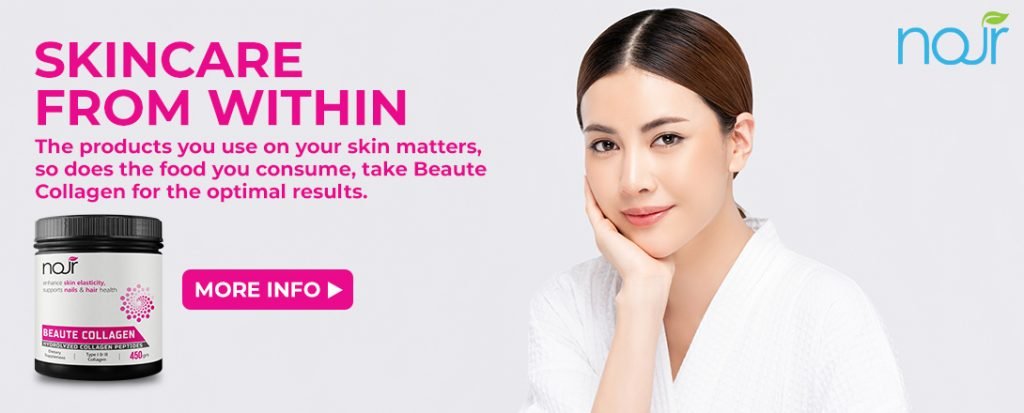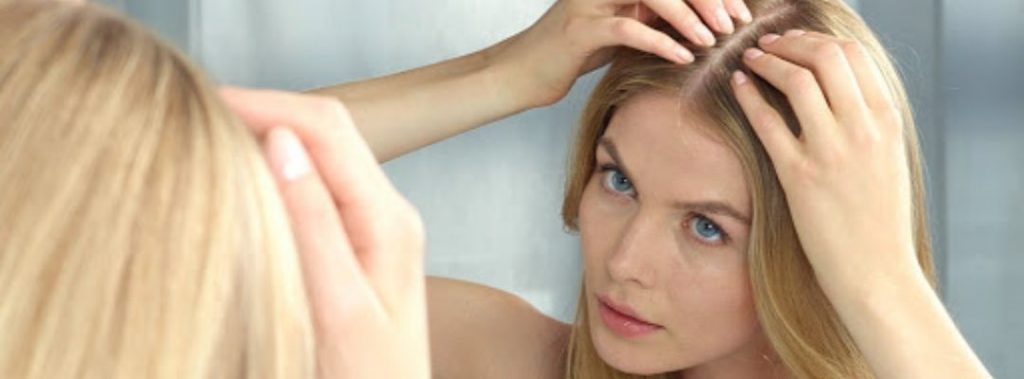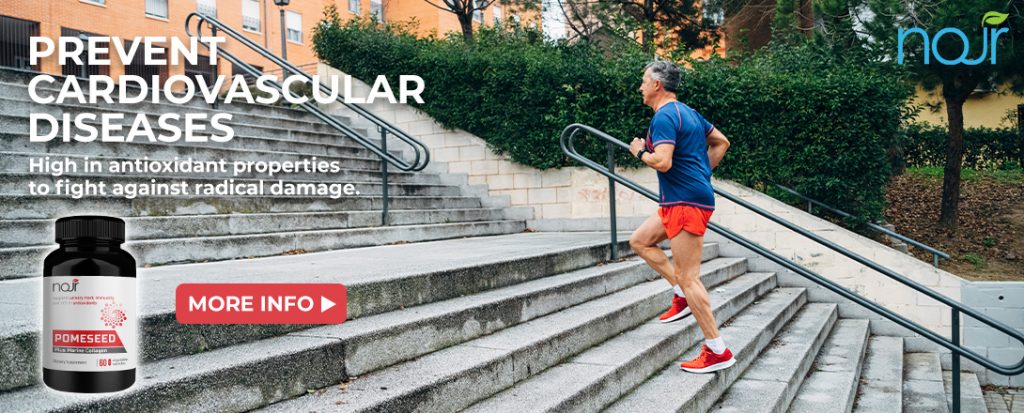Collagen is a protein that serves as a building block for our hair, skin, nails, muscles, tendons and even blood vessels. It’s actually the most abundant protein in humans, making up 75 percent of the skin’s dry weight and 30 percent of our body’s total protein mass.
As we get older, our bodies naturally produce less collagen. And sun damage can further decrease our collagen production. This loss of collagen may contribute to some of the classic signs of aging in many people — like wrinkled and sagging skin, roughness, dryness, itchiness, increased fragility and skin that’s more prone to breaking.
It’s not surprising, then, that some people look to products containing collagen as the key to reversing these unwanted badges of age, and that products — from eye creams and shampoos, to oral supplements — tout the benefits like the promise of supple skin and a thick head of hair.
There is some research to suggest collagen supplements can improve the health and appearance of our skin — it’s been shown to improve elasticity and increase hydration. Research has shown other health benefits of collagen supplements, including decreased joint pain and increased muscle mass in studies of athletes who consumed daily collagen supplements shortly after working out.

But the truth is: we really don’t know yet if collagen supplements can help fight hair loss or stop hair from turning gray.
Amino Acids in Collagen Supplements Act as Building Blocks for Thicker Hair
It is hypothesized that the amino acids in collagen supplements help your body make more keratin, which contributes to thick, healthy hair. Collagen itself is made up of amino acids — specifically glycine, proline and hyrdoxyproline. Hair is mainly made up of the protein keratin, which itself consists of proline (among other amino acids).
Collagen supplements are usually already broken down into peptides of two or three amino acids to make them easier for your body to process.
At least two of collagen’s primary amino acids — proline and glycine — play roles in hair health.
More research is needed to determine whether increasing the collagen you consume — whether in the form of collagen-rich foods or a collagen supplement — can help your body to make the keratin it needs for thicker, healthier hair.

Collagen Peptides Fight Free Radical Damage to Hair Follicles
One theory about why hair loses quality as we age focuses on the battle between free radicals and antioxidants. Free radicals are highly reactive molecules that can directly damage the proteins, DNA and lipids that make up our cells. In particular, circumstantial evidence suggests that free radicals may damage our hair follicles — the tunnel-like structure under our outer layer of skin where hair starts to grow — and collagen is particularly susceptible to attack.
Our bodies produce free radicals (and this production increases with age), but they are also found in our environment in things like UV rays, cigarette smoke and other pollutants. Antioxidants, in contrast, can reduce and neutralize these molecules but, not surprisingly, we make fewer of these as we age.
The idea is that because collagen is thought to boost the activity of fibroblasts — which induce natural collagen production in our bodies — oral collagen supplementation may help counter the loss of collagen via free radicals by helping spur natural collagen production.
More research is needed to determine whether taking collagen supplements can help fight free radicals in your body, including those that may damage your hair follicles.
Collagen Peptides Prevent Hair Thinning
As we age, our bodies produce less collagen, our dermis becomes weaker and it’s suggested that because of this — or, at least partly because of this — our hair follicles miniaturize, which eventually leads to hair loss.
But because collagen supplementation has been shown to improve skin elasticity and hydration, some believe that it may help prevent hair thinning as we age.


